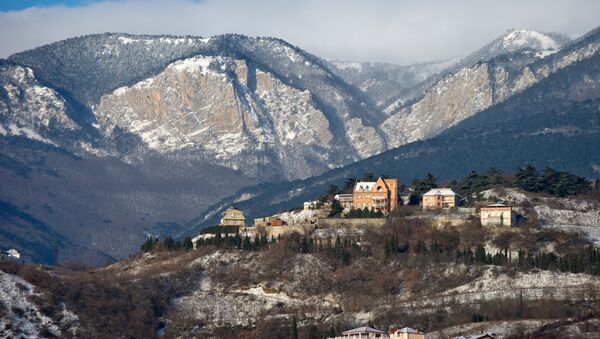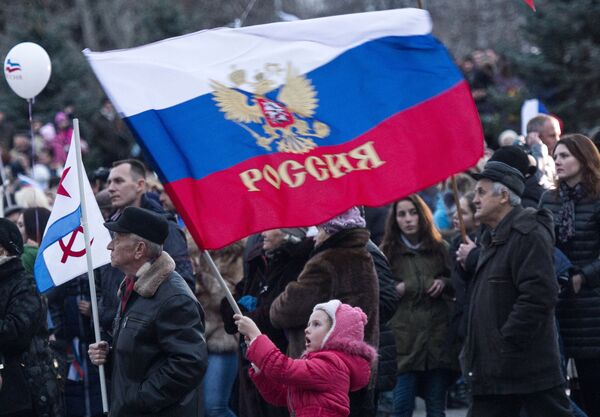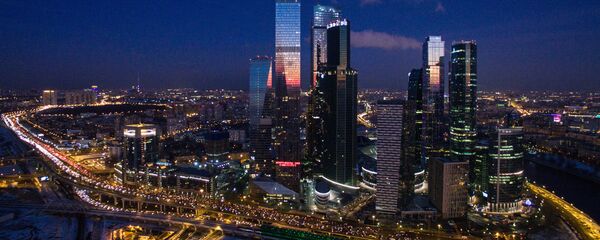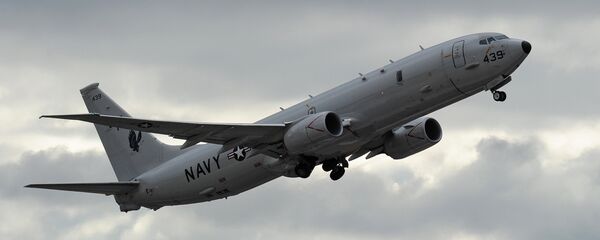Cracks are beginning to appear in the "great information war" against Russia over Crimea, Vadim Kolesnichenko, the chairman of the presidium of the Internal Council of Russian Compatriots, told Radio Sputnik.
"Businessmen, parliamentarians and individuals regularly visit Crimea," the politician said. "Of course, there will be more of them. And the success of people's diplomacy is evident: There is the flow of investment, and the 'influx' of interest. The issue of sanctions over Crimea is causing more and more disapproval in Europe. No matter how hard one tries to hide the truth, it will find its way out."
According to Kolesnichenko, the anti-Crimea and anti-Russia narrative is gradually falling apart at the seams. However, it will take some time, he admitted, citing "ideological and political components" of the struggle against Russia which is being waged by Western proponents of the sanctions policy.
"But we will prove with our own lives that this issue has been solved definitively and irrevocably: Crimea is an integral part of Russia," Kolesnichenko stressed.
"We consider mutually beneficial coexistence with Russia very important, it's all included in our program," Bronson highlighted. "I want to recall the words of [former chancellor of Germany] Willy Brandt: He, who holds a dialogue, does not shoot'."
The German regional parliamentarians are set to stay in Crimea till February 9. The delegation includes politicians from the Alternative for Germany party (AfD) from Berlin, Brandenburg and North Rhine-Westphalia state parliaments.
"Our guests are satisfied with the visit," said Yury Gempel, the chairman of the Crimean German National and Cultural Autonomy. "They saw that there are no food shortages in the Crimea because of sanctions. The most favorable are the very first impressions of their visit. When we drove from the airport, they said that they had heard that the roads were bad [in Crimea], but here the road is so good. I explained to them that Crimea's roads have been built and repaired intensively for the last four years."
Commenting on Kiev's threats, Gempel stressed that the Ukrainian authorities cannot disrupt the development of friendly relations and partnership between Crimea and representatives of Germany visiting the peninsula.
Russia's relations with the EU have deteriorated over the political crisis in Ukraine which resulted in the February coup of 2014. Crimea's reunification with Russia prompted the US and the EU to impose several rounds of sanctions against Moscow.
The Kremlin has repeatedly rejected the accusations of meddling in Ukraine's affairs and pointed to the will of the people of Crimea expressed during the 2014 referendum.
Despite the sanctions regime and vocal protests of the Ukrainian authorities, a number of delegations from many countries, including Germany, France and Italy, have paid visits to the peninsula.
The views and opinions expressed by Vadim Kolesnichenko are those of the speaker and do not necessarily reflect those of Sputnik.







